“Our Folks Were Badass!”
Four Asian American middle school students connect and grow during the pandemic through a virtual book club focused on Asian American history and literature.
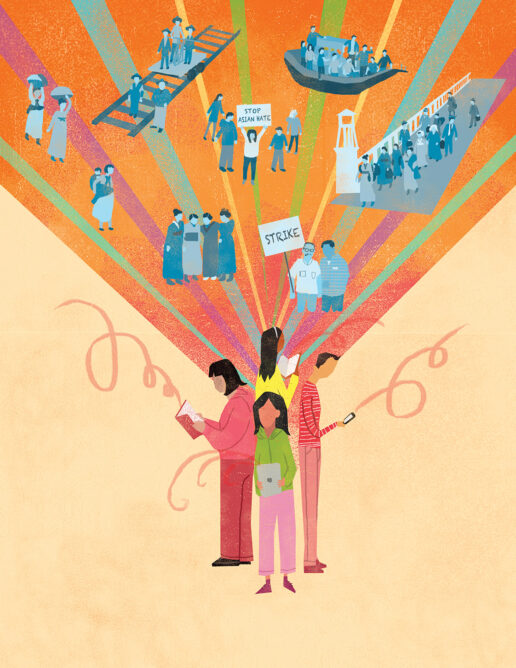
Four Asian American middle school students connect and grow during the pandemic through a virtual book club focused on Asian American history and literature.
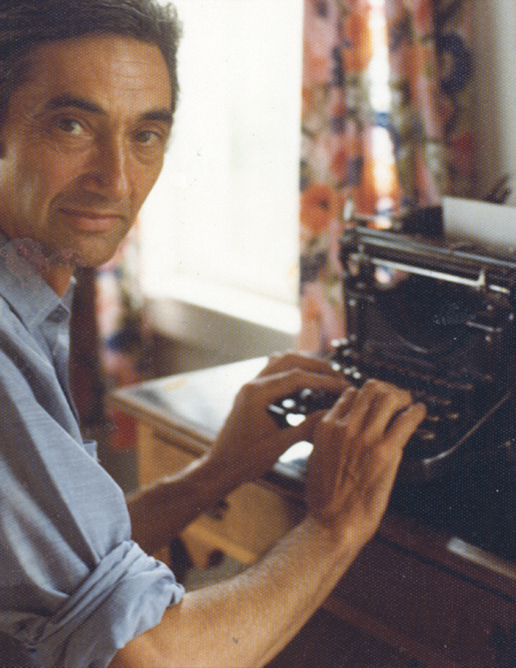
In honor of Zinn, we are featuring a “Zinn at 100” essay in each issue of Rethinking Schools this year. This is not nostalgia. We commemorate and celebrate Zinn for his ongoing relevance in helping us think about education and activism.
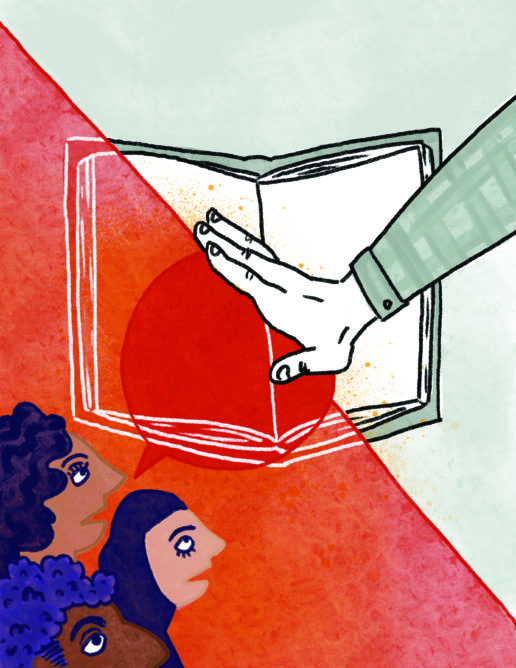
At first it seemed that ethnic studies advocates had won a major victory in California, but then a backlash targeted Arab American studies.
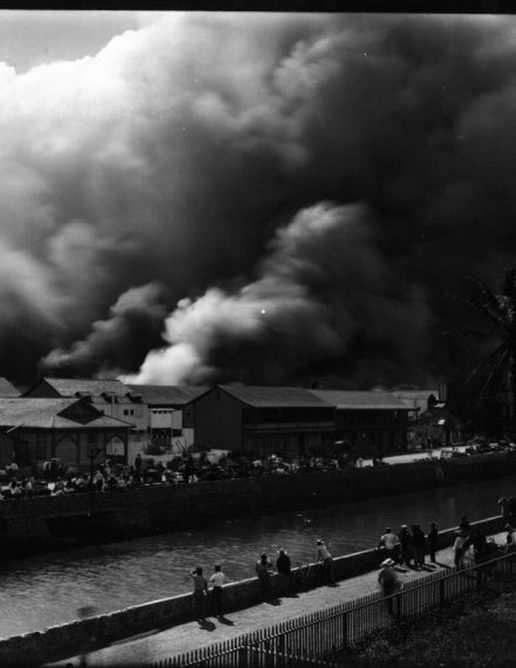
On April 20, 2020, blogger LittleGrayThread made a Facebook post of a note her daughter had written. She reported that in a Zoom class meeting, one of her daughter’s 2nd-grade […]
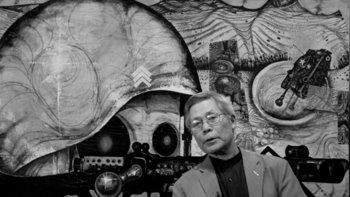
A film tackles the U.S. occupation of Japan.
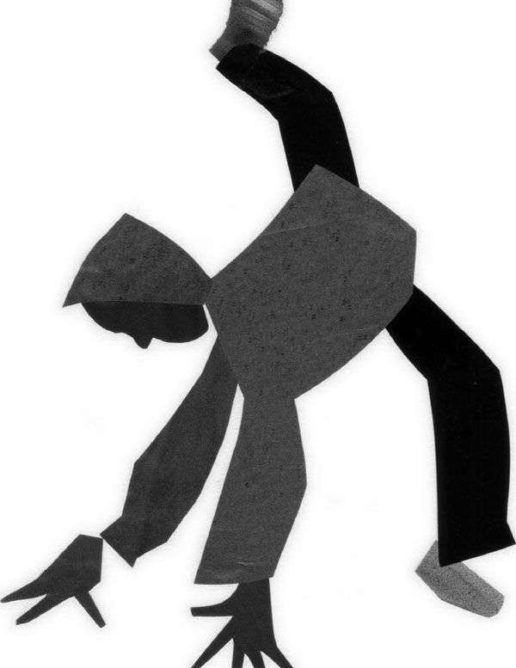
Hip-Hop: Beyond Beats and RhymesWritten and Directed by Byron HurtMedia Education Foundation, 200660 mins, DVD The Hip-Hop Education Guidebook Volume 1: A Sourcebook of Inspiration and Practical ApplicationEdited by Marcella […]
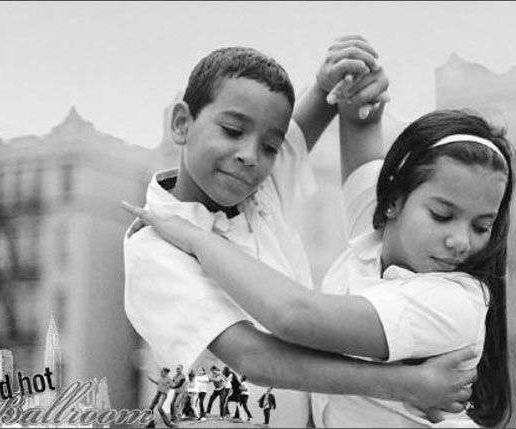
Mad Hot Ballroom Director/Producer: Marilyn AgreloWriter/Producer: Amy Sewellwww.paramountclassic.com/madhot/ Mad Hot Ballroom, a documentary about a fifth-grade ballroom dance program in New York City schools, is more than a feel-good summertime film. […]
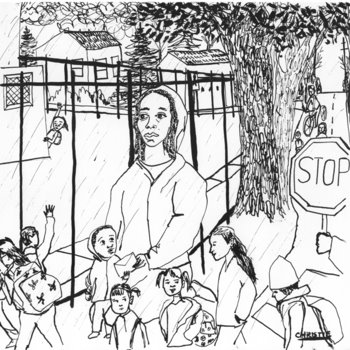
An African American mother and teacher educator uses examples from her own childhood to describe how she hopes her child will be treated by teachers, and what she fears.
Fourth-grade English language learners use wikis to study border issues and gain literacy skills.
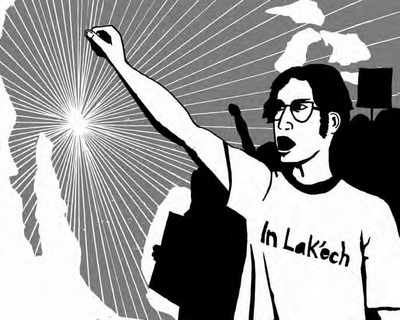
“Banned in Tucson.” As many Rethinking Schools readers know, in January Tucson school officials ordered our book Rethinking Columbus removed from Mexican American Studies classes, as part of their move to shut down the […]
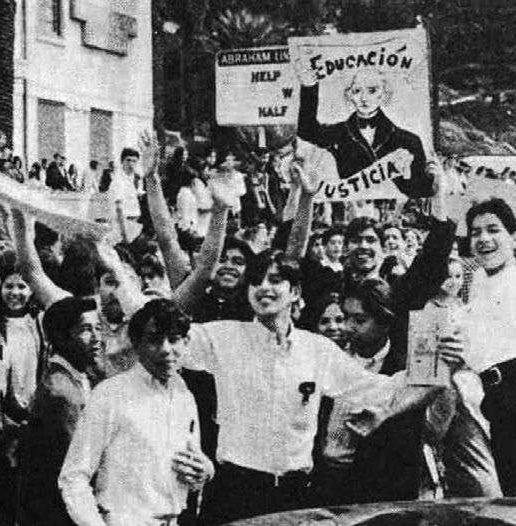
This year is the 40th anniversary of the Chicana/o School Blowouts
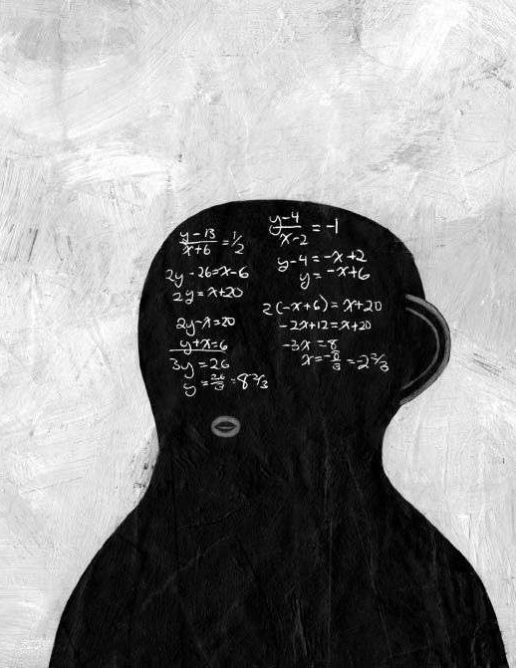
This content is restricted to subscribers
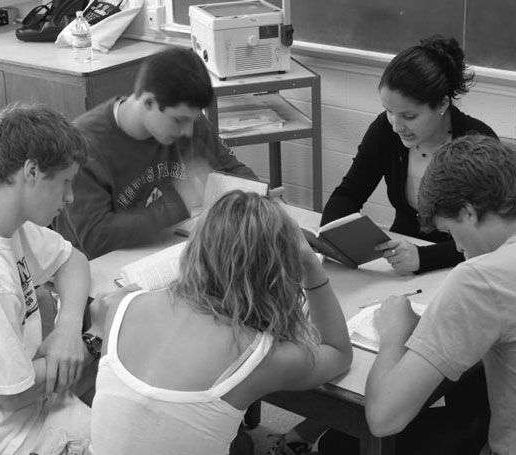
Using native Spanish speakers to instruct their classmates in more than just verbs and pronunciation.
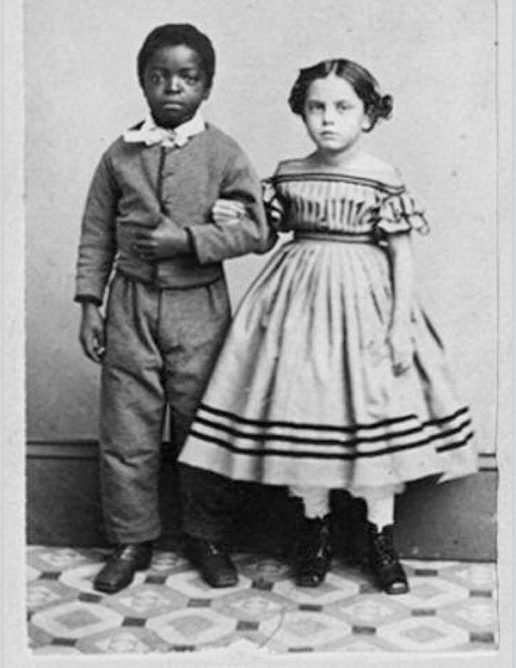
This content is restricted to subscribers

The principal of Brooklyn’s El Puente Academy for Peace and Justice shows how art can connect students with their communities.
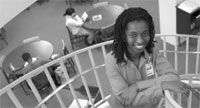
Profiling an African American teacher on Chicago’s south side.
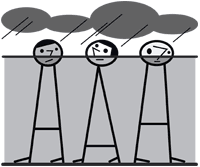
Budget cuts threaten one of the nation’s best multicultural institutions.
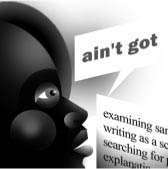
A mother tries to leave her Southern accent behind.
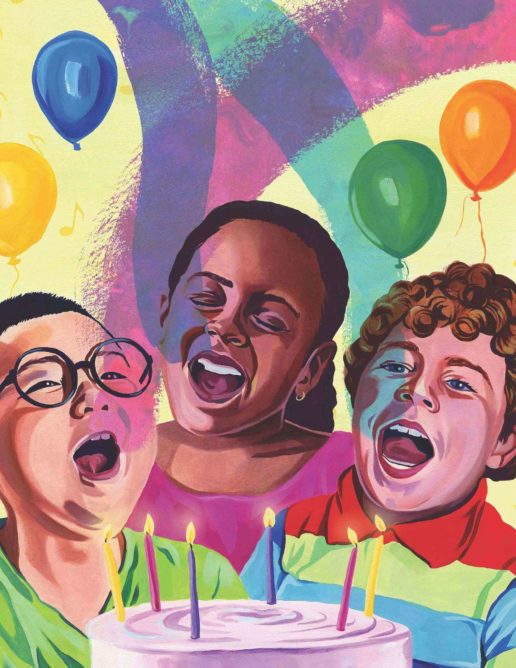
A kindergarten teacher looks at birthday celebrations in her classroom and whether all of her students’ home languages and rituals are being uplifted.
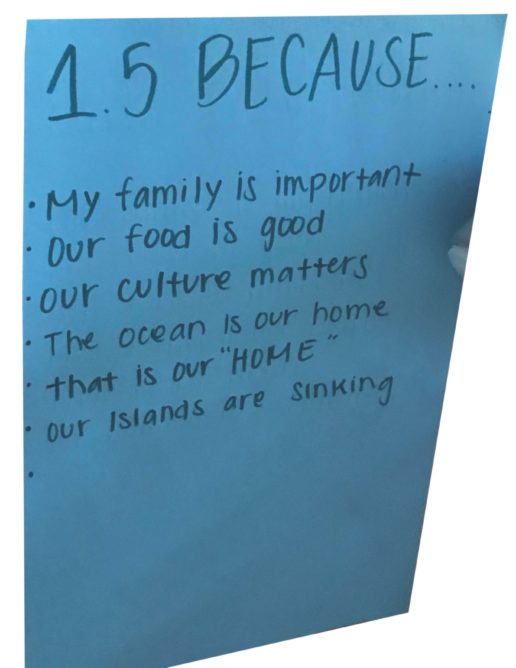
A high school ethnic studies teacher describes how students in the Pacific Island Club used poetry to refocus the narrative surrounding climate justice onto frontline communities.
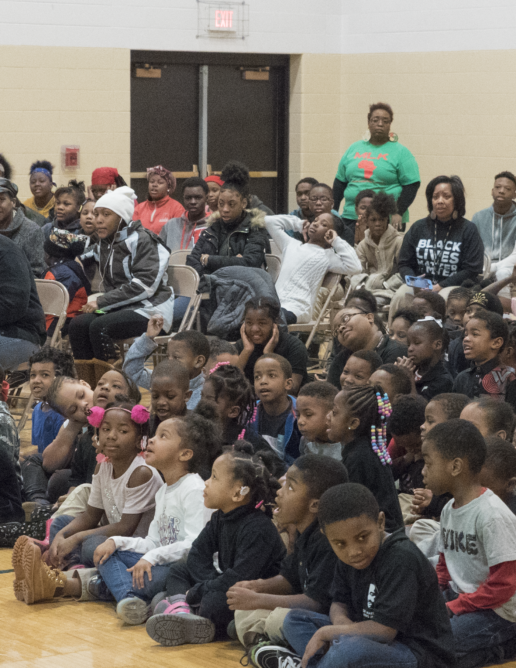
In an era when a U.S. president calls Haiti and African nations shithole countries; a time when hate crimes are on the rise; a time when Black students are suspended at four times the rate of white students; and a time when we have lost 26,000 Black teachers since 2002, building a movement for racial justice in the schools is an urgent task. Black lives will matter at schools only when this movement becomes a mass uprising that unites the power of educator unions and families to transform public education.
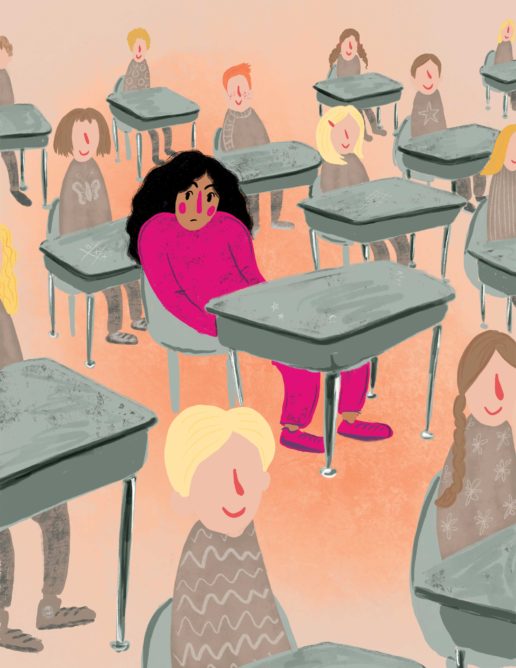
A Palestinian American mother describes the alienation that she felt in school, and how she draws on her experiences to imagine the schooling she wants for her children.
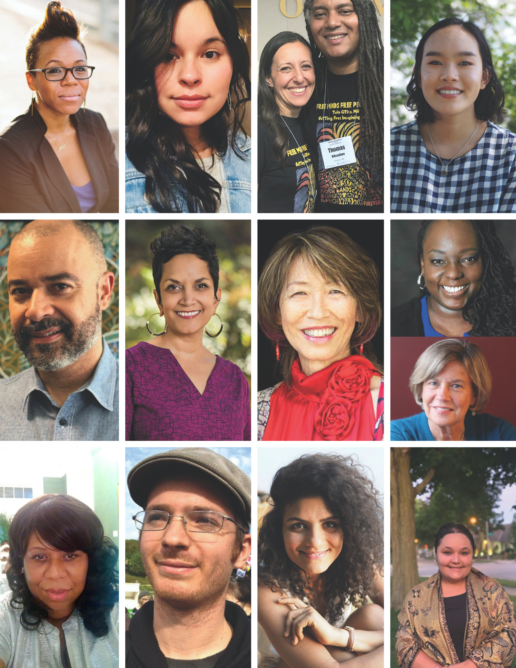
We asked a group of radical educators to weigh in on what they hoped would be part of any 2020 presidential candidate’s education platform.
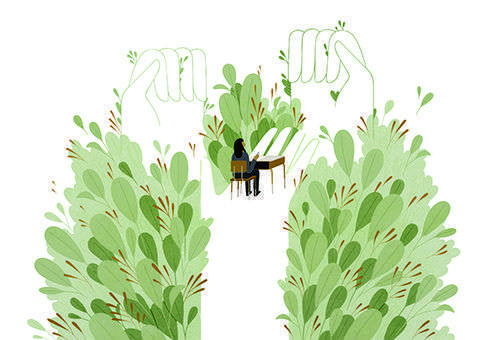
How we seed and support student activism will vary from community to community, school to school, and grade level to grade level. But this is a crucial moment in history, and what we do as educators matters. When we help students explore and analyze exploitation, injustice, and danger in the world, we can also help them develop the knowledge and skills to change it.
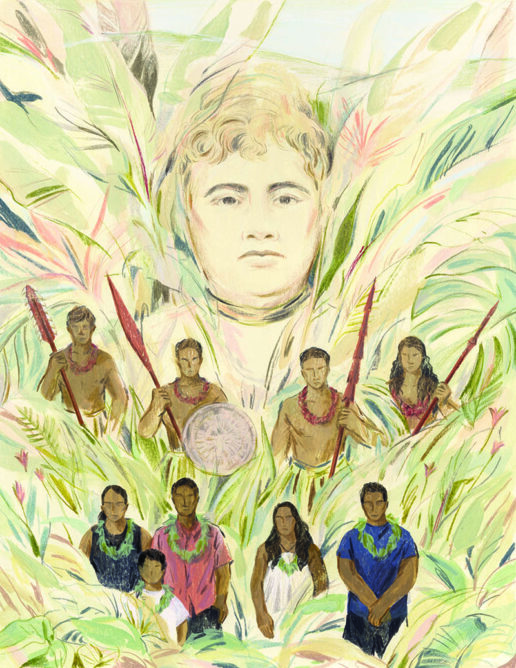
A high school teacher uses the #MeToo movement and students’ own experiences with apologies to interrogate the government’s 1993 apology to Native Hawaiians for the 1893 overthrow of the Kingdom of Hawai’i.